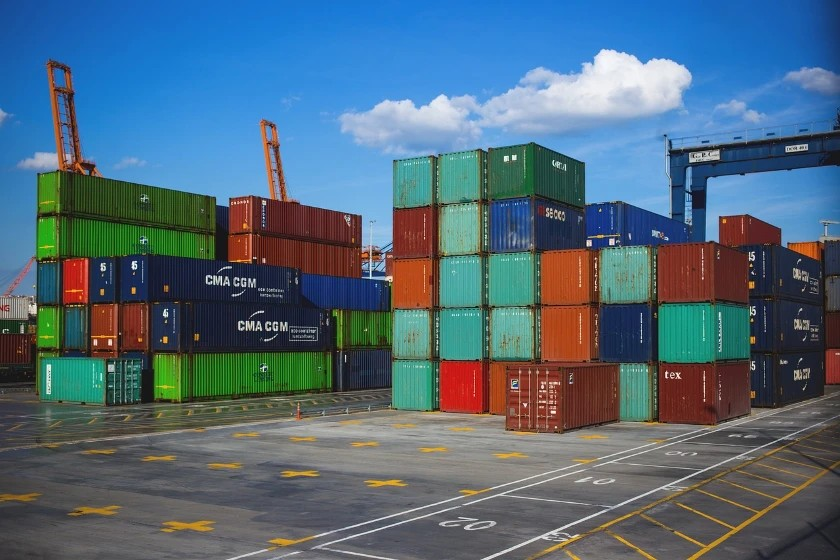
The US container imports fell sharply in September 2025 and, according to the latest Descartes’ system, 8.4 % from August declined to 2,307.933 TEU. Report of World TransportationHuman beings-the most visible monthly drop in recent years-before the change in tariffs and the expiration of a ceasefire US-China tariff has been bringing increasing caution to reflection.
Also Read: UNCTAD warns tariff uncertainty can inhibit global investment
China was the main driver of the recession, and the import volume of 12.3 % of the month was reduced to 762,772 TEU over the month, down 22.9 % compared to last year. Almost all categories of major products reduced, led by aluminum and related articles (-43.8 %), shoes (-33.9 %) and electric machines (-31.5 %). Both knitwear and non -knitwear categories have been reduced by more than 29 %.
Furniture and bedding-China’s largest export category to the United States declined 22.3 % since last year, but still showed 14.5 % of China’s total shipments.
Descartes noted: Global supply chains continue to face uncertainty with more geopolitical and logistical disorders.
“After two months of large volume, US container imports declined in September and led by a significant return on China’s volume,” said Jackson Wood, director of industry strategy in Descartes. “This reduction emphasizes how the seasonal trend is strengthened by tariff caution. Despite the 90 -day ceasefire expires in mid -November, China’s share of US imports is very sensitive to market policy results and market dynamics.”
While Kennedy aligns in September with the seasonal patterns seen in most years, the decline is clearer than usual how business currents are now tied to the tariff timeline. Despite the recent drop, the volume of imports is 1.9 % more than the same period in 2024.
Imports from 10 top sources decreased by 9.4 % a month over the month, indicating a combination of 169126 TEU. Among the major reduction: Italy (-15.1 %), South Korea (-14.1 %), Germany (-11.6 %), Hong Kong (-11.2 %) and Taiwan (-10.2 %).
The repayment of trade is among the fate of the new policy. The new costs of the ship will run on Section 301 on October 14, while the ceasefire in the United States and China is expected to expire on November 10th-two are expected to put pressure on the cargo of Asian origin in the fourth quarter.
Port performance data from Descartes in September showed mixed trends, with minor progress at the time of general shipping by reducing the volume of imports.
Descartes noted: Global supply chains continue to face uncertainty with more geopolitical and logistical disorders.